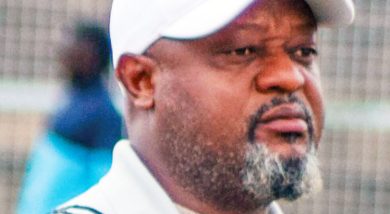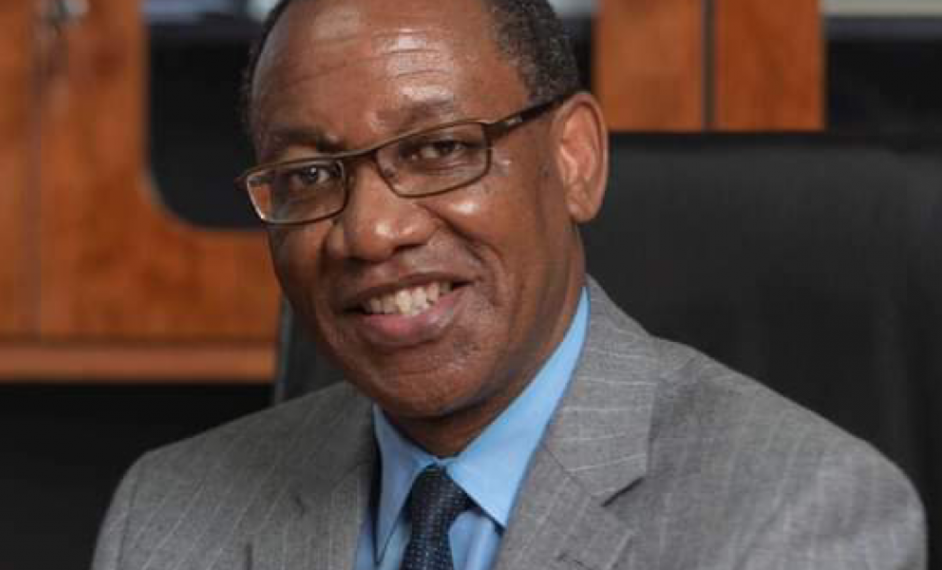Long way to curb football hooliganism

Perpetrators of football hooliganism may have their days numbered if a warning from the Super League of Malawi (Sulom) president Innocent Bottomani is anything to go by.
With the Malawi Police Service (MPS) saying they arrest offenders following receipt of formal complaints and the Sulom president saying they have engaged the police to ensure that loopholes that prevent football hooliganism suspects from being brought to book are sealed, the message could be clear that hooligans will have themselves to blame for not taking heed.
MPS deputy public relations officer Kelvin Maigwa told Nation on Sunday on Thursday that they do not condone hooliganism at match venues, but arrests of individuals mostly occur following formal complaints from stakeholders.
Bottomani said the memorandum of understanding (MoU) recently signed with FAM, football clubs and other stakeholders is a step towards dealing with the crisis, but they will get more serious with taking suspects of hooliganism to court.
“We also wish to take another look at our rules and regulations to make them in tandem with laws of the land. We are now getting serious to link up with the police on how to curb hooliganism and violence once and for all,” said Bottomani.
Despite frequent recurrence of ugly scenes of hooliganism at local football matches across the country, suspects have rarely appeared in court in the last decade.
Nation on Sunday has established that reported cases of violence and hooliganism at top-flight football matches have escalated from last year’s five to 14 this year and analysts have warned that the acts will continue if culprits are not brought to book.
Hooliganism resurfaced at Kamuzu Stadium just a day after the Football Association of Malawi (FAM) and stakeholders signed the MoU to stop the malaise and analysts said that signals great need to punish culprits accordingly.
Lawyer and Football Association of Malawi (FAM) executive member Jabbar Alide said regular court appearances and conviction of wrongdoers would bring sanity at football matches.
“Violence and hooliganism escalate because there is nothing that instils a sense of fear in those involved in the malpractice. Culprits need to appear in court, get convicted and get jailed if we are really serious about wiping off these bad behaviours from the face of Malawi football,” said Alide.
He, however, suggested the need for stakeholders to adopt and implement a blueprint produced in April 2005 to curb the vices.
Fomer Sports Minister Henry Chimunthu Banda (now Speaker of Parliament) ordered an inquiry into causes of violence at sports venues following a fight that had erupted during a CAF Champions League match between Big Bullets and Nigeria’s Enyimba FC at Kamuzu Stadium on October 10 2004.
The inquiry, which was headed by Alide, produced the blueprint titled: Operating Manual for Curbing Hooliganism and Related Violence at Sports Venues, but most of recommendations from the four-page report are not being implemented.
The other ignored recommendations include pre-selling of tickets, discouraging alcohol sales near match venues and barring fans from entering match venues with bottles or any harmful substances that can be used as missiles.
Such recommendations are similar to the approved guidelines that helped to curb the malpractice in English football two decades ago. The government of England introduced a series of measures and criminalised some behaviours.
Under the legislation, any person convicted of a football-related offence also received from the courts a football banning order that prevents offenders from matches at home or abroad for three years.
Failure to observe the ban is in itself a criminal offence.





